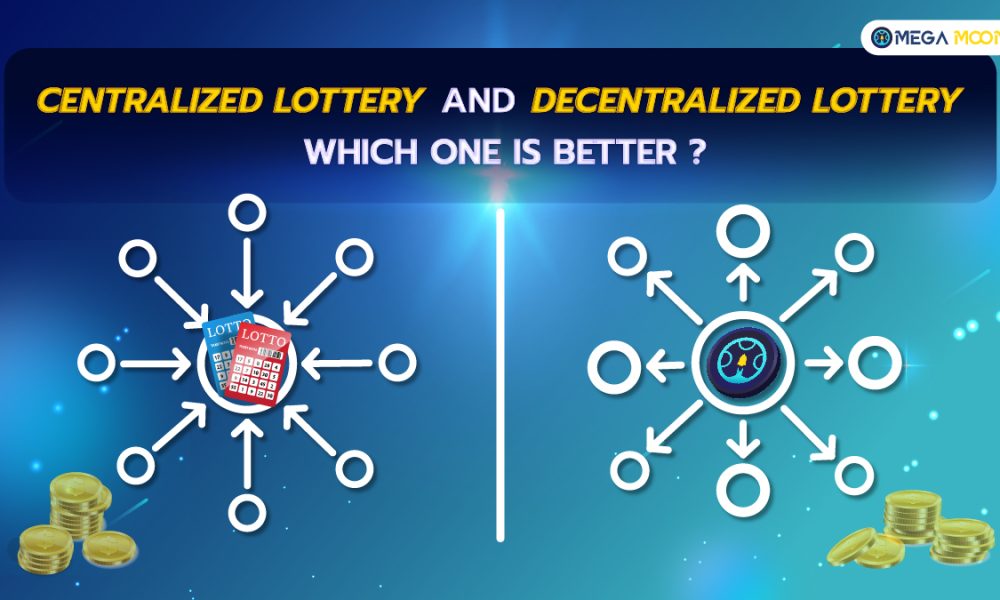Lotteries have been a popular form of gambling for centuries, with people across the world playing games of chance in the hopes of striking it rich. Traditionally, lotteries have been centralized, meaning that they are run by a government or other authority that oversees the operation of the game. However, with the rise of blockchain technology, decentralized lotteries have started to emerge as an alternative to centralized lotteries.
Centralized lottery vs Decentralized lottery
Governance:
– Centralized lotteries are typically governed by a central authority, such as a government agency or a private organization. This central authority is responsible for overseeing the entire process of the game, including setting the rules, determining the prize structure, managing the funds, and conducting the drawing or selection of the winning numbers.
– Decentralized lotteries are governed by the rules and algorithms that are programmed into the blockchain network. There is no central authority that oversees the game, and the outcome of the game is determined by a set of predefined rules and algorithms.
Security:
– Centralized lotteries are vulnerable to various security risks, such as fraud, hacking, and manipulation. The central authority that manages the game can potentially manipulate the outcome or steal funds.
– Decentralized lotteries are more secure due to their use of blockchain technology. Since the game is run on a decentralized network, the chances of fraud or manipulation are significantly reduced. Additionally, the use of smart contracts ensures that the prize distribution is fair and automated, eliminating the need for a central authority to oversee the process.
Transparency:
– Centralized lotteries may lack transparency, as the central authority that manages the game has the ability to manipulate the outcome or withhold information from the public.
– Decentralized lotteries offer increased transparency, as the game is run on a public blockchain network. All transactions and actions on the network are visible to the public, ensuring that the game is fair and transparent.
Cost:
– Centralized lotteries often charge high fees and commissions, as the central authority needs to cover the costs of managing the game.
– Decentralized lotteries can be more cost-effective, as they don’t require a central authority and can rely on automated smart contracts to manage the game.
In conclusion, both centralized and decentralized lotteries have their advantages and disadvantages, and the choice between them depends on individual preferences and needs. While centralized lotteries are established and widely accepted, decentralized lotteries offer several benefits, such as MegaMoon lottery has increased transparency, security, and fairness for participants.
In addition, MegaMoon has a MegaMoon Dealer system that makes the prize pool more than any other lottery platform, and MegaMoon Treasury system allows users of the MegaMoon platform to not have to pay blockchain gas fees.
Please follow MegaMoon for more details. !!
MegaMoon Website: https://megamoon.space/
MegaMoon Twitter: https://twitter.com/0xMegaMoon
MegaMoon Facebook: https://www.facebook.com/OxMegaMoon
MegaMoon Medium: https://medium.com/@0xmegamoon
MegaMoon community: https://t.me/Oxmegamoonchat
